“The president has the power to disrupt … but not the power to write the rules,” Shibley Telhami, nonresident senior fellow in Center for Middle East Policy at Brookings, said at a recent Brookings event on the president’s power to advance his goals in the Middle East and North Africa.
Donald Trump promoted a nationalist “America First” approach to foreign policy throughout his campaign for the presidency. But in the months since taking office, the president appears to have softened a number of policy positions related to nations in the Middle East and North Africa (MENA) region. Even after his first trip abroad, which included visits to Saudi Arabia and Israel, there remains a great deal of uncertainty about this administration’s approach toward the MENA region.
The event, hosted by the Governance Studies program at Brookings, featured a discussion with Telhami, John Hudak, deputy director of the Center for Effective Public Management and a senior fellow in Governance Studies, and Adel Abdel Ghafar, visiting fellow at the Brookings Doha Center. Yeganeh Torbati, State Department correspondent at Reuters, moderated the discussion. Highlights of the panelists’ remarks are below. Visit the webpage for full video and audio.
Telhami commented on the ability of Middle Eastern leaders to manipulate an inexperienced U.S. president’s vulnerabilities to define the course of the relationship. Watch:
“Leaders in the Middle East, particularly the Saudis, have always preferred to deal directly with the president and have a personal relationship, historically,” Telhami said. “In this case, they get a dream president, who wants to be a one-man show. They can ignore almost everything else as noise because they think they have a deal with him.”
Senior Fellow John Hudak examined the transition of President Trump from the campaign trail to the presidency, attributing Trump’s success on the campaign to his tendency to “do whatever he wanted to do” and his “rhetorical flourish,” characteristics that can be extremely dangerous thing when it comes to foreign policy. Hudak argued that the president’s penchant for violating norms has attributed to uncertainty about Trump’s foreign policy goals. Watch:
Adel Abdel Ghafar, visiting fellow at the Brookings Doha Center, discussed the conflicting opinions within the Trump administration regarding Middle East policy and the confusion this has created in the region. He explained that people in the region are “trying to gauge what’s happening,” and argues that the “position of the Department of Defense will be the most important.”
Watch the full event here.
Melissa English contributed to this post.
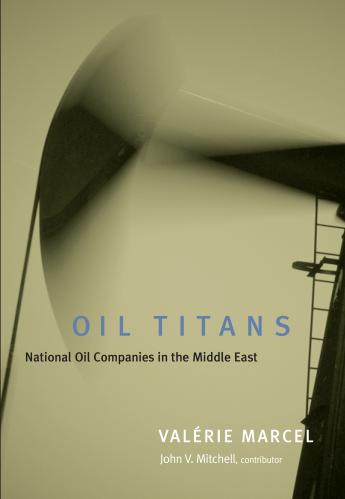
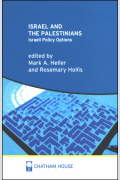
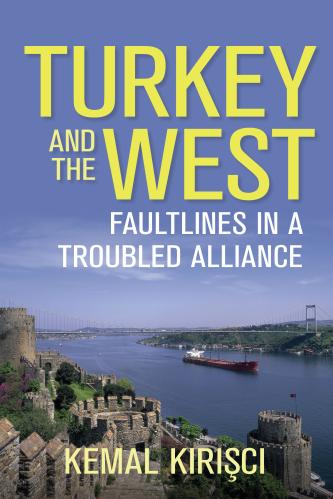
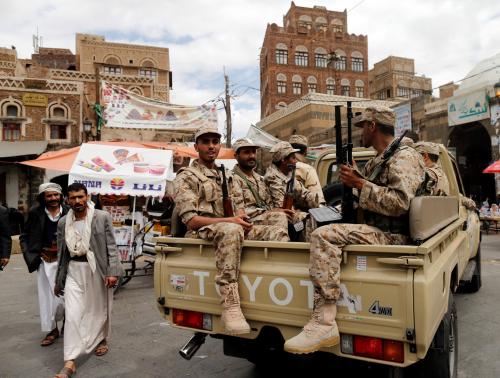

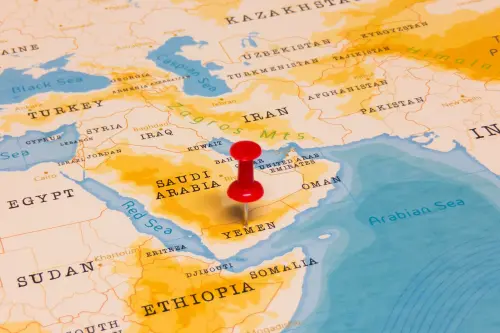
Commentary
WATCH: Experts discuss President Trump’s ability to advance Middle East goals
June 29, 2017